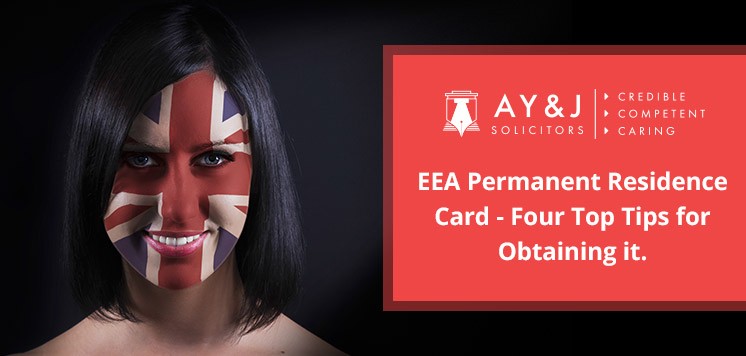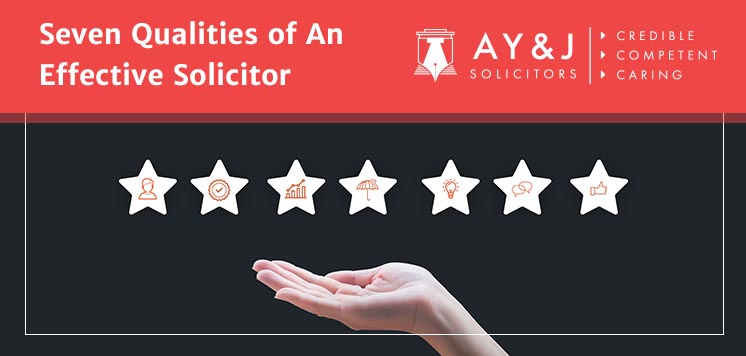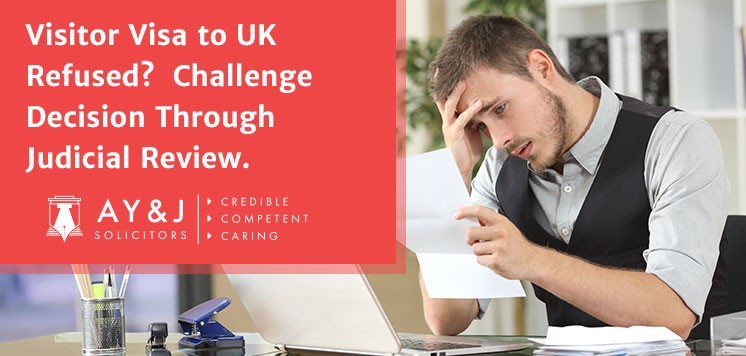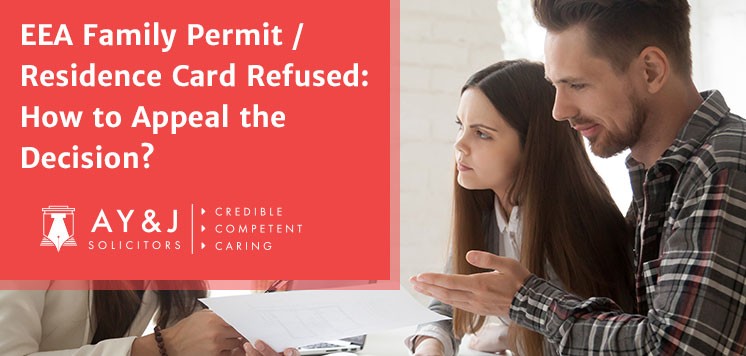Disclaimer: The information in this blog is accurate as of its publication date. Any updates after that date are not reflected here.
The UK government has launched a ‘toolkit’ for employers to help them ensure any staff who are EU citizen understand how to apply for Settled Status. The availability of the toolkit was welcomed by many industries which rely on EU workers, including hospitality and construction.
The toolkit is a positive step by the British government, who are said to be planning to register EU citizens in alphabetical order in an attempt to design an immigration system which can cope with the applications of 3.6 million people who are expected to register for Settled Status.
This is sailing precariously close to the wind when it comes to time-scales, given that the scheme is set to be fully open from March 2019, when the UK is due to leave the EU.
This article is designed to explain what Settled Status is and how to apply for it. The British government has not exactly been forthcoming in providing details, but this is what we currently know.
Table of Contents
EEA nationals who have been living continuously in the UK for five years will be invited to apply for Settled Status
To be eligible for Settled Status, you will need to be:
- an EU national or the family member of an EU citizen
- have been residing in the UK continuously for five years
- have moved to the UK before 31 December 2020
Being a family member of an EU citizen means your right to live and work in the UK depends on your relationship with an EU national; for example, if you are an Indian national living in Britain with your Dutch spouse.
The Statement of Intent defines family members of EU citizens as follows:
- the spouse or civil partner of an EU citizen if the marriage or civil partnership took place before 31 December 2020
- the durable partner of an EU citizen if the relationship was formed and durable prior to 31 December 2020
- the child or dependent of an EU citizen
- the child or dependent of the spouse or civil partner of an EU citizen
- the dependent relative of an EU citizen who has been continuously living in the UK before 31 December 2020 and the family relationship and dependency existed before that date
- the dependent relative of the spouse or civil partner of an EU citizen, where both parties were continuously resident in the country before 1 February 2017 and the family relationship and dependency also existed before then.
Those who arrive in the UK before 31 December 2020 but have not reached five years continuous residency by the cut-off date for applications (which is 30 June 2021) will be granted pre-settled status, allowing them to remain in the UK until they have reached their five years continuous residence and can apply for Settled Status.
Applications will be made online
One of the biggest frustrations with the EU Permanent Residence Card application process was the fact the form is 85-pages long and requires enormous amounts of supporting evidence in the form of past wage slips or, in the case of those who are self-employed, invoices, which many EU citizens have not kept over the years because in the past such documentation was never required. After all, few ever believed the UK would leave the EU.
Applying for Settled Status will be done online. The Home Office has confirmed that those making the application will need to prove their identity, that they have been continuously resident in the UK for at least five years and make a declaration that they had no serious criminal convictions. However, the Home Office would use records from Her Majesty’s Revenue and Customs and the Department of Work and Pensions to confirm an applicant’s residence and their employment details.
Family members will need to prove their relationship with an EU national. For example, they will need to provide a marriage or civil partnership certificate. If they are applying for Settled Status as a dependent, they will also need to show evidence of their dependency on an EU citizen or an EU citizen’s family member. You can contact our experienced team if you require legal immigration advice.
Client says, “BIG Thanks to AYJ Solicitors!!!
[perfectpullquote align=”left” bordertop=”false” cite=”” link=”” color=”” class=”” size=””]I would like to say a BIG Thanks to AYJ Solicitors and Diana. A very professional service and would not hesitate to recommend.[/perfectpullquote]First, I would like to say a BIG Thanks to AYJ Solicitors and Diana. A very professional service and would not hesitate to recommend. Before writing this I had already recommended one of my close friends, to go and meet Diana from A Y & J Solicitors”.
Read more reviews here.
Documents you need to provide when applying for Settled Status
National Insurance payments or benefits payments can be an evidence that you meet the residency requirements for Settled Status. However, documents which can be used as proof include:
- P60s or P45s
- payslips
- bank statements
- utility bills
- annual business accounts
- employer contracts or letters confirming employment
- letters, invoices, or certificates from accredited educational organisations
- passport stamps confirming entry at the UK border
- airline or train tickets confirming travel into the UK
Scans of these documents can be sent through alongside the online application form. Read our success stories on Permanent Residence Card Application for EEA national.
Those who already have EU Permanent Residence will be able to swap their status
Thousands of EU citizens and their family members have gone through the process of applying for an EU Permanent Residence Card. If you have acquired this, you will still have to apply for Settled Status, however, you will not be required to pay the application fee. The EU Permanent Residence Card will be exchanged for Settled Status, subject only to “criminality and security checks”.
At the time of writing, the fee for a Settled Status application is:
- £65 if you’re 16 or over
- £32.50 if you’re under 16
Important Note: If your application for an EU Permanent Residence Card was refused because you are exercising your Treaty rights as a student or self-sufficient person and do not have Comprehensive Sickness Insurance (CSI), you may be successful in your application for Settled Status as CSI is not an eligibility requirement.
A Y & J Solicitors are specialists in immigration law based in central London. If you would like to have more information, please contact us at contact@ayjsolicitors.com or call +44 20 7404 7933.
Disclaimer: No material/information provided on this website should be construed as legal advice. Readers should seek an appropriate professional advice for their immigration matters.










